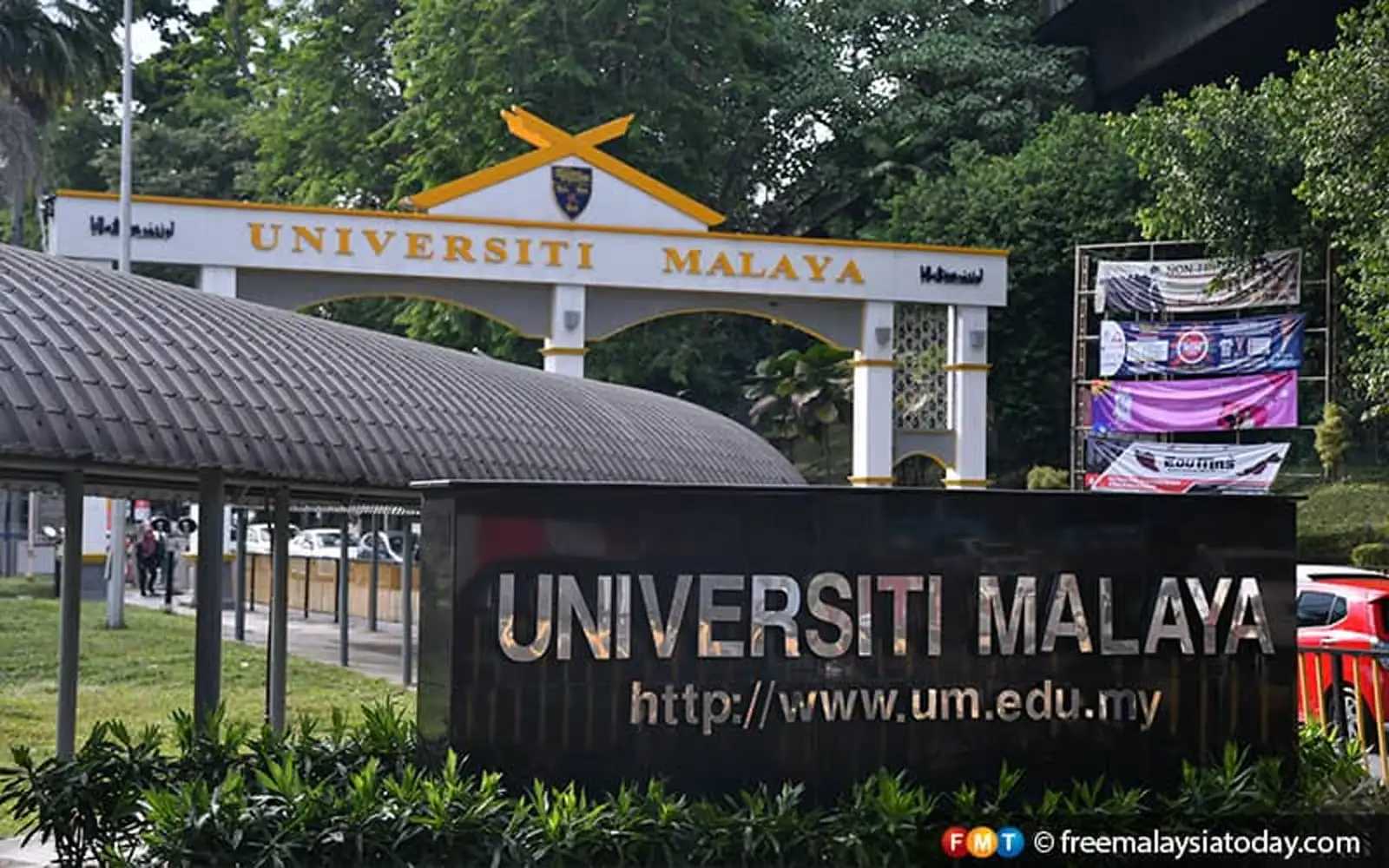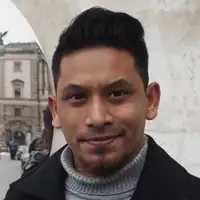
From Amirul Mukminin
I am not a Zionist nor a supporter of the Israeli occupation. Politically, I am for one democratic state solution with equal rights for Arabs (Muslims and Christians) and Jews, but knowing the current reality is far from ideal for this to happen, I would prefer a two-state solution for Israel and Palestine.
In my early 20s, I was introduced to Islamicjerusalam, a non-Western geopolitical theory that discussed the Palestine matter. I helped the professor with a few conferences as a volunteer, and I still support any work to end the suffering of those in the occupied land.

In many matters, I disagree with the theory (Islamicjerusalam), but I’ve kept it in mind as the professor always taught me that “knowledge is power” and “the only way to liberate Palestine is through knowledge”.
On Tuesday afternoon, I attended a discussion on research methodology with the controversial American professor, Bruce Gilley, who once advocated a return to Western colonialism and is a strong supporter of Israel.
In another session, he accused Malaysia’s foreign policy stance of support for the Palestinian cause for spreading hatred against Jews and enabling a “second Holocaust”. He also said Malaysia will never be a middle power and will never be taken as seriously by the United States in partnership.
The statement made me chuckle.
Malaysia has a strong stand in supporting the Palestinians, facilitating both Hamas and Fatah activists, providing protection to Palestinian refugees, and calling for just and fair treatment and solutions at the multilateral level.
Malaysia has also never officially recognised Israel.
Yet, America is still one of Malaysia’s largest trading partners, and both countries still cooperate closely on security matters, including counterterrorism, maritime domain awareness, and regional stability. Both countries also participate frequently in security training, education, and people-to-people exchanges.
In fact, Malaysia has never supported any violence and bloody conflict, let alone genocide or Holocaust.
However, the decision to call off Bruce Gilley’s other programmes at UM made me worry about the freedom of expression and freedom of opinion in academia.
Need for open debate
Academia should be a battlefield of ideas; opinions should be freely expressed without any political interference.
However, some may be worried that the open debate may influence the public and create restlessness among the public. Some even may ask what if universities spread communist propaganda or fascist ideas, which then ‘leak’ to the public – thus creating disability, or at least, offending people’s beliefs.
Universities are the sanctuary of the learned community, not for the crazy mob or irrational populists.
On the campuses, we were taught to listen to arguments and give feedback with critical appraisal. We were also free to reject these ideas with strong criticism, and even if we did agree, we were obliged to build reinforcing arguments.
The main point is to have arguments and counter-arguments to enrich discussions, improve our knowledge, and stimulate our intellectual faculty. Universities are not an echo chamber for monolithic narratives.
Sadly, in recent years, there has been a growing concern that universities have turned into ideological churches.
In many parts of the world, universities have become very selective in their professors, students, and journals. The university administration only allows speakers, writings, and clubs that align with their ideologies, with a particular set of ideologies and beliefs promoted and upheld – often at the expense of free and open inquiry.
One of the main reasons for this phenomenon is the increasing politicisation of academia. Many universities have become divided along political lines, with certain ideologies homogenising the discourse and marginalising dissenting voices.
Diversity of thought
This results in a lack of diversity of thought and a narrowing of perspectives, which goes against the very essence of what universities should be promoting; critical thinking and intellectual diversity.
For example, some departments only allow conservative voices and reject reformist ideas to be taught in their syllabus. Some are very ethnocentric and do not allow professors to touch on any race-based policy. In some, genders are fixed and can’t be reconstructed via scientific arguments.
When I was abroad, we even had an anti-democracy professor who included Nazi philosopher Carl Schmitt as part of the required readings. Of course, we also had others who opposed the idea and had debates about it.
It is beneficial to make our stand firmer or to re-inquire ourselves. I think this is the best way to be enlightened and encourage mature debate and dialogue, and foster a climate where all perspectives are welcomed.
Schmitt’s fascist ideas have been debunked by Paul Hirst, Slavoj Zizek, Chantal Maouffe, Jorge E Dotti, Claude Lefort and others. If Schmitt’s works were banned, how are scholars to refute it?
We may find many oxymoronic ideas from Bruce Gilley’s works, such as his attempt to glorify colonialism as a mutually beneficial system, his patriarchal approaches, or his belief in the compatibility of democracy and authoritarianism – which is paradoxical.
This also can be seen in how he whined after leaving Malaysia that the country is “not a safe destination” just because his lectures were cancelled.
Missed opportunity
Gilley is just an American Zionist with a white supremacy complex. However, he had a smooth path throughout his session at University Malaya as he didn’t face any counter-arguments – a big disappointment for me.
A colleague who went to Gilley’s session on Malaysia’s foreign policy told me “Nobody tore Gilley apart when it was a perfect opportunity to tear him down”. Well, maybe our academics don’t have the spirit to debate, nor are the students trained to ask harsh questions.
The frustration reminds me of the late professor Edward Said who was eagerly waiting to face Benjamin Netanyahu (who was a diplomat back then), but the politician “ran away” from being morally slain by the post-colonial intellectual giant.
Or how Slovenian philosopher Slavoj Žižek exposed the nonsense of Canadian psychologist Jordan Peterson, who claimed to be anti-communism without even understanding what communism is about.
Again, my key point here is for universities to be non-discriminatory and make resources, debates, and platforms available to the learned community.
I am not saying that intellectuals or academics should be morally neutral, but be brave, bold, and open to debates and discussion from different ideas and causes.
For me, agreeing to disagree is the principle of academic freedom. All sides have their own causes. Let them be. - FMT
Amirul Mukminin is an independent researcher, state policy advisor, and student.
The views expressed are those of the writer and do not necessarily reflect those of MMKtT.



No comments:
Post a Comment
Note: Only a member of this blog may post a comment.